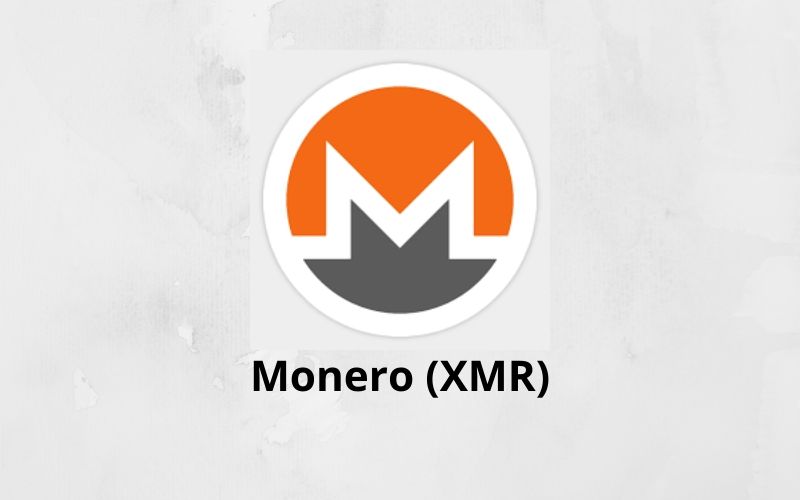As a report has it, the United States Internal Revenue Services (IRS) has vowed to pay out up to $625,000 to whoever successfully breaks the privacy wall of Monero network.
Monero (XMR) is widely known as the largest privacy coin in the cryptocurrency ecosystem. According to an official proposal published about a week ago, there is a bounty for anyone that cracks what makes Monero network untraceable. This proposal also extends to other privacy coins.
The proposal reads in part as follows:
“IRS-CI is seeking a solution with one or more contractors to provide innovative solutions for tracing and attribution of privacy coins, such as expert tools, data, source code, algorithms, and software development services.”
The Privacy of Monero (XMR)
Privacy coins such as Monero (XMR) allow users to initiate transactions with a high level of privacy. This is made possible by various methods like obfuscating users’ transaction amounts and addresses of senders and receivers.
Unlike Bitcoin (BTC), Ethereum (ETH), and others alike, where transaction addresses can be traced back to known wallets and cryptocurrency exchanges. Eventually, the identity of the sender and receiver could be known.
IRS further noted that “Currently, there are limited investigative resources for tracing transactions involving privacy cryptocurrency coins such as Monero or other off-chain transactions that provide privacy to illicit actors.”
The Terms of IRS about the Task
US Internal Revenue Services (IRS) is inviting private contractors and individuals to submit the working sample of how they intend to crack the privacy of Monero network.
This sample could include but not limited to the system designed to provide identifying information of a Monero wallet user, the exact time and date of transaction, coupled with the exact amount transferred on the Monero network.
The Federal Agency is accepting applications until 16th September 2020. According to the report, the winner of the contest will receive an initial $500,000 payment for developing and proving a working concept of privacy crack tool, and will later receive $125,000 payment after a completed pilot test is approved by the government.
Why IRS Is Determined to Crack Privacy Coins like Monero (XMR)
IRS cited instances whereby criminals leveraged the privacy of some digital tokens such as Monero (XMR) to obscure their perpetrations from the public.
IRS noted:
“In April 2020 a ransomware group called Sodinokibi that future ransoms payments will be in Monero (XMR) rather than Bitcoin (BTC) due to transaction privacy concerns.”
Join us on Twitter
Join us on Telegram
Join us on Facebook
